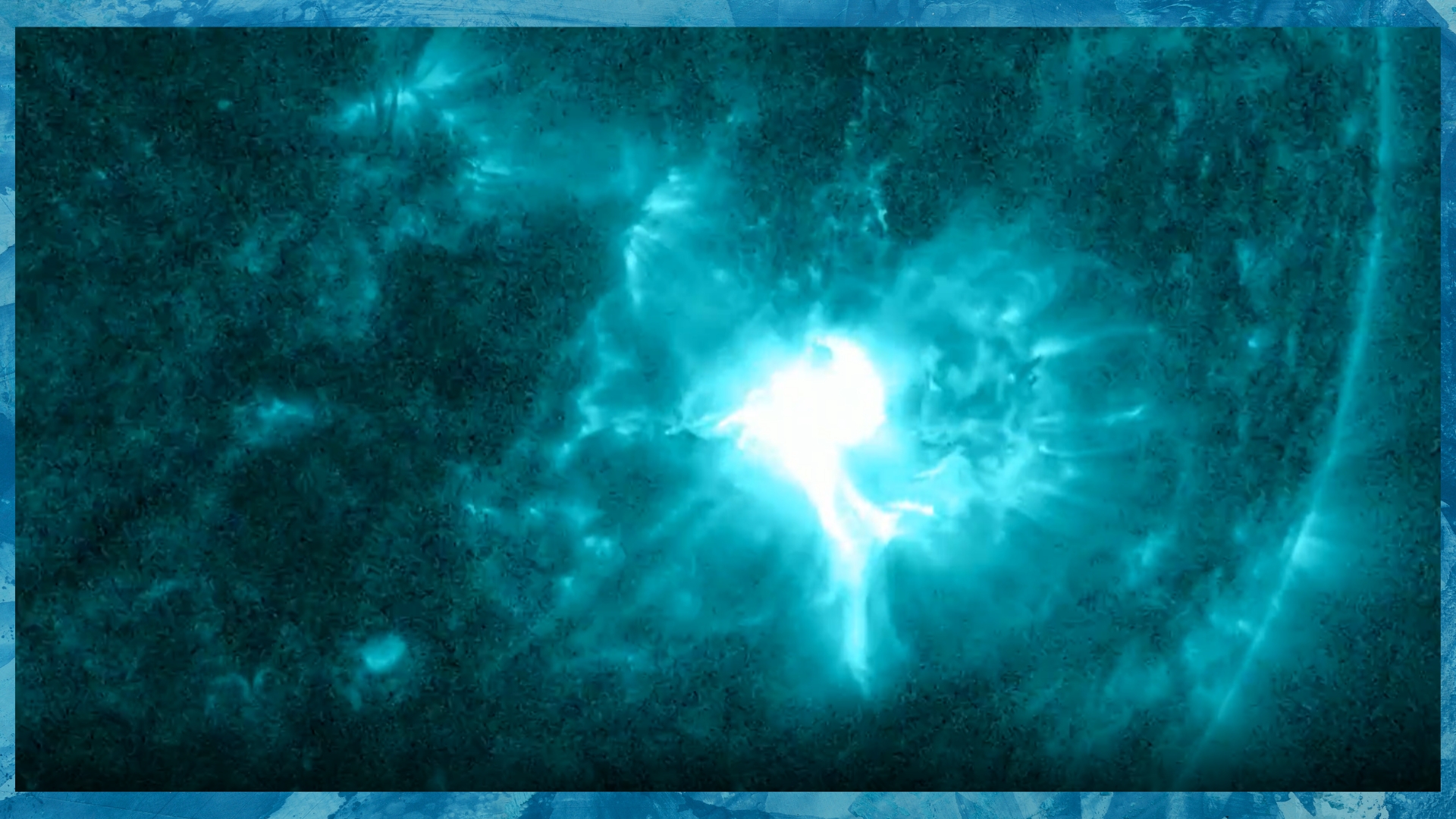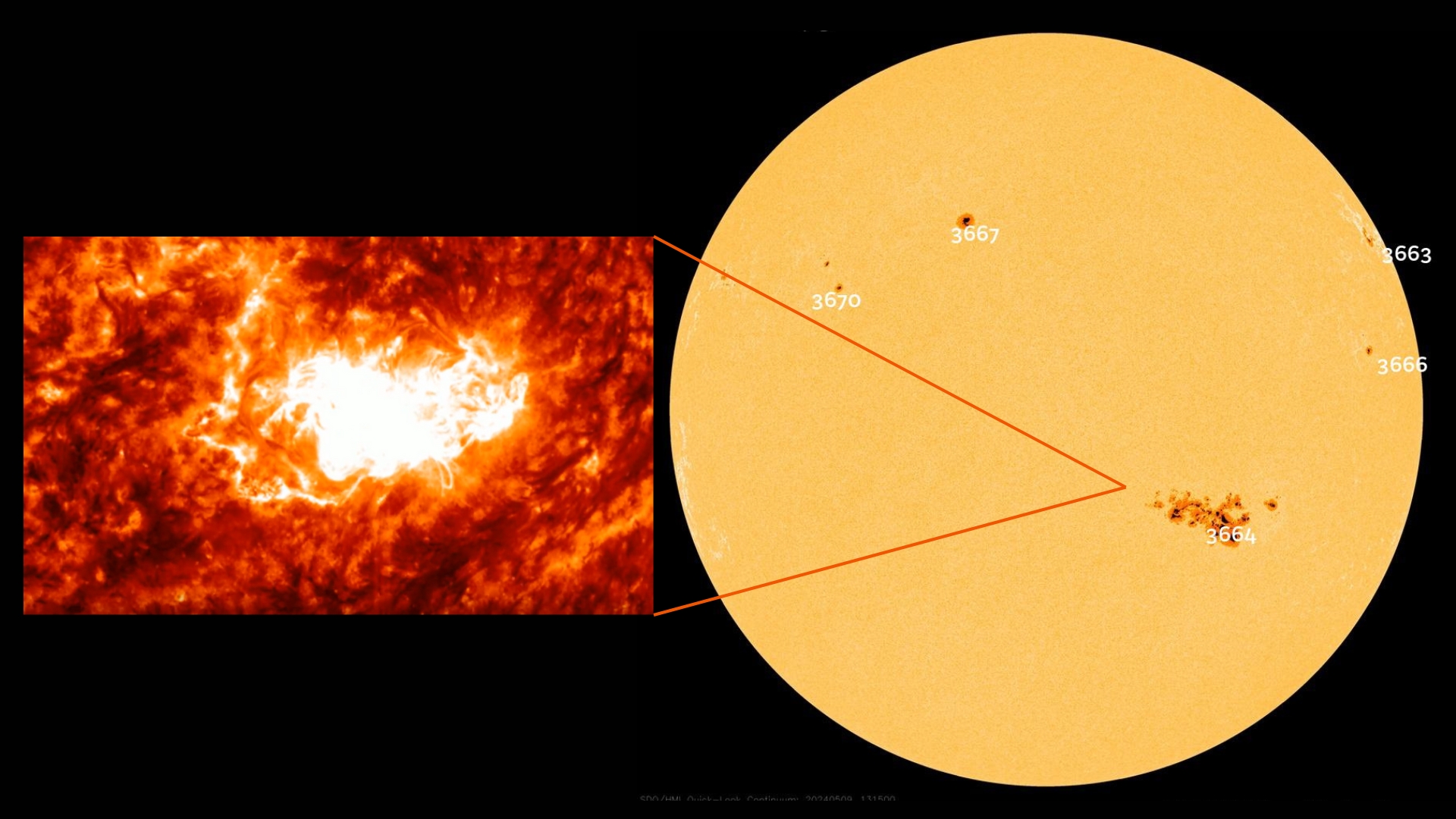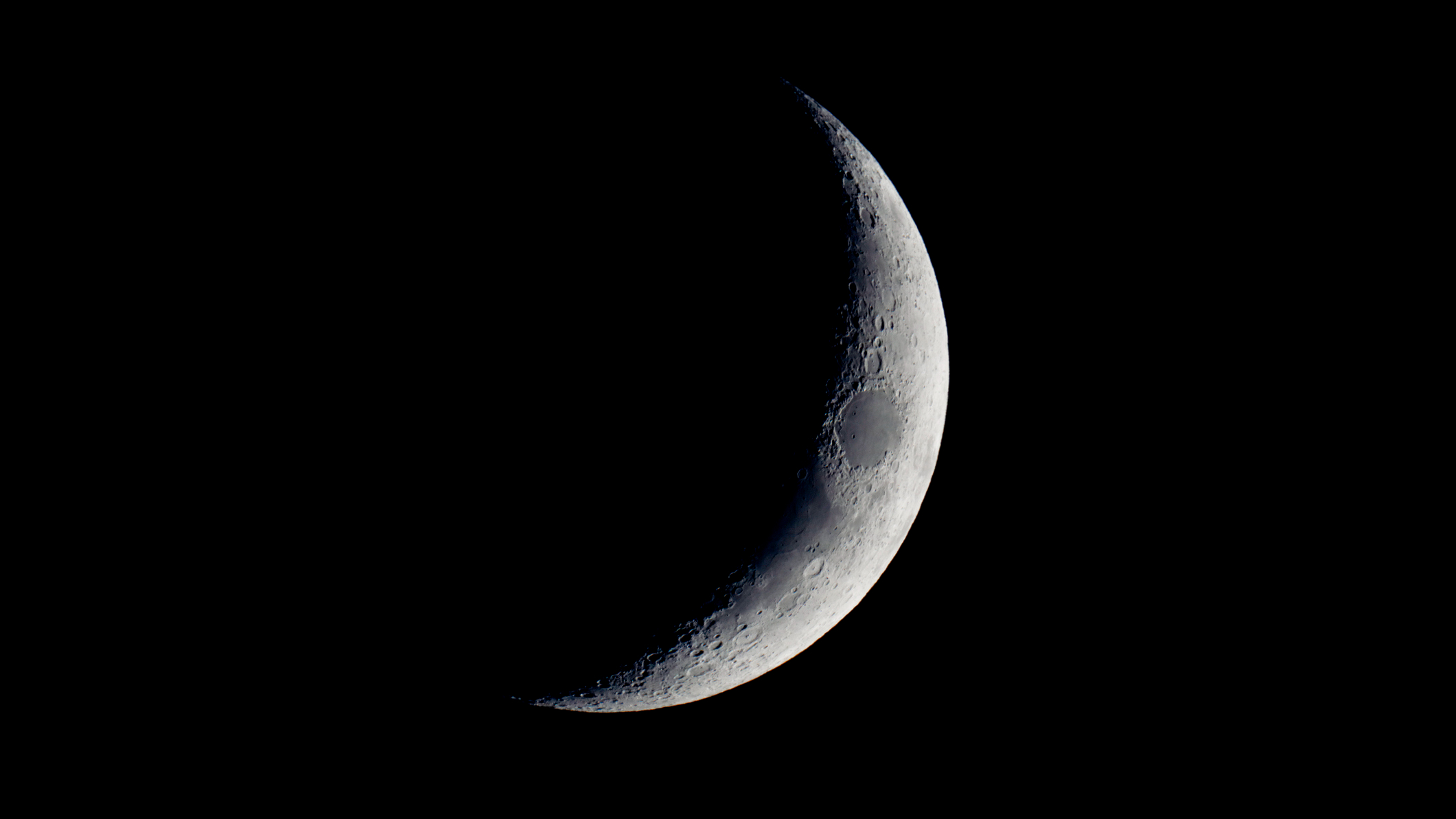
Daisy Dobrijevic
Daisy Dobrijevic joined Space.com in February 2022 having previously worked for our sister publication All About Space magazine as a staff writer. Before joining us, Daisy completed an editorial internship with the BBC Sky at Night Magazine and worked at the National Space Centre in Leicester, U.K., where she enjoyed communicating space science to the public. In 2021, Daisy completed a PhD in plant physiology and also holds a Master's in Environmental Science, she is currently based in Nottingham, U.K. Daisy is passionate about all things space, with a penchant for solar activity and space weather. She has a strong interest in astrotourism and loves nothing more than a good northern lights chase!
Latest articles by Daisy Dobrijevic
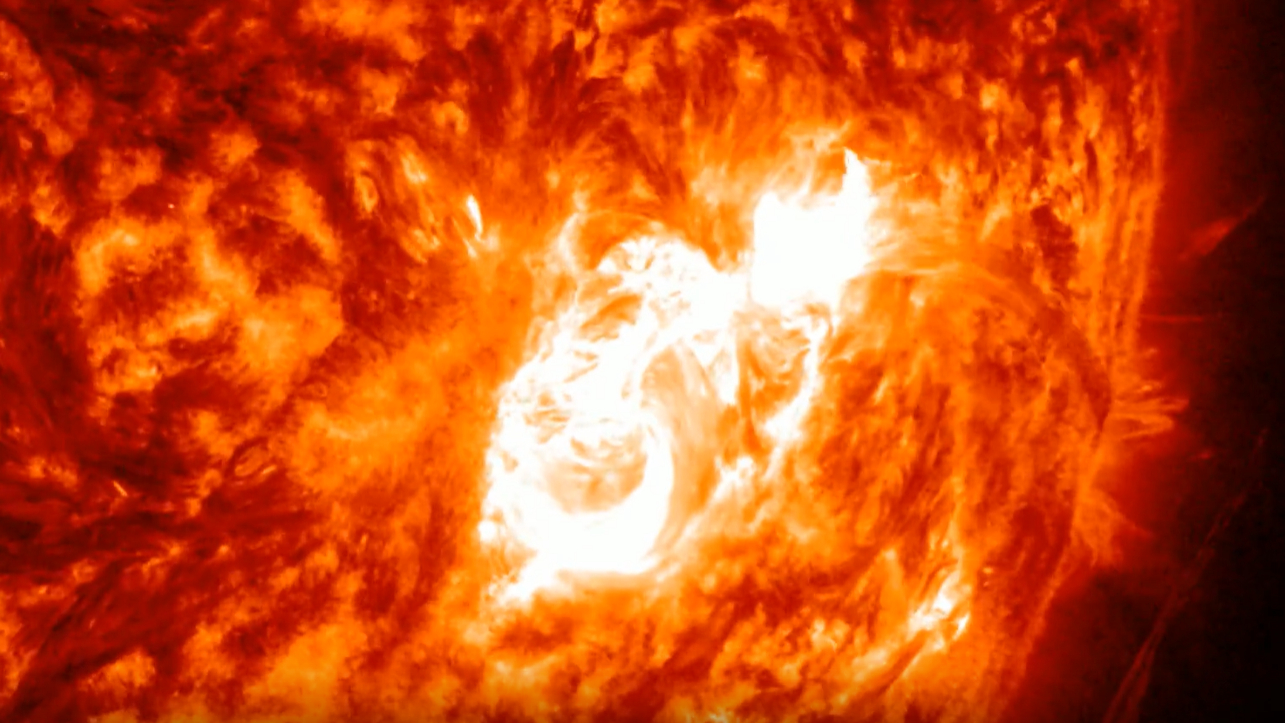
Sun unleashes powerful X-class solar flare triggering radio blackouts over Australia, Southeast Asia and Japan (video)
By Daisy Dobrijevic published
Watch a powerful X-class solar flare erupt from the sun's surface on July 13 and find out how it affected Earth.
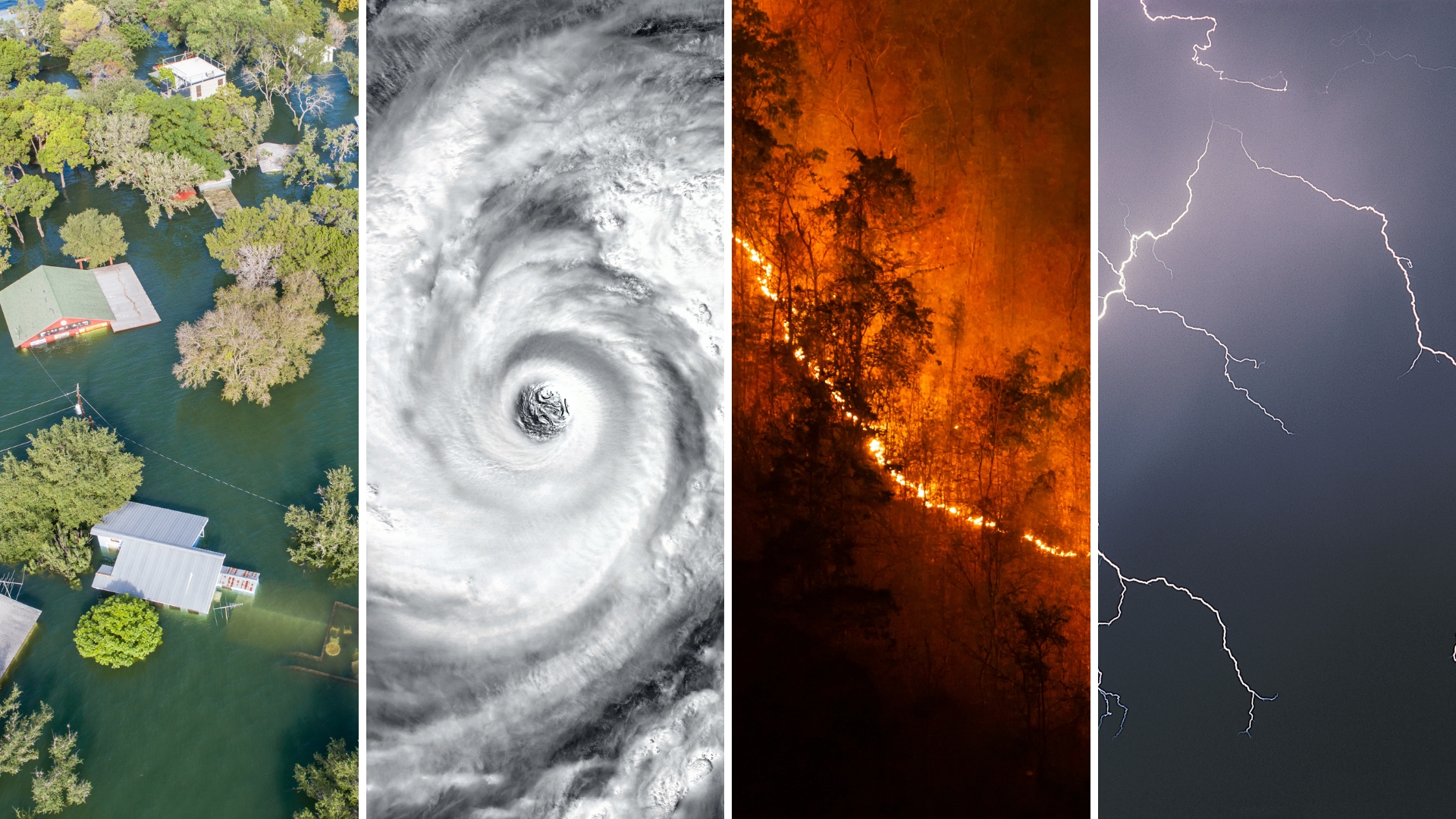
Why is Earth's weather getting weirder?
By Daisy Dobrijevic published
We take a look at the apparent uptick in weird weather events and discuss the possible causes with leading climate scientist Katharine Hayhoe.
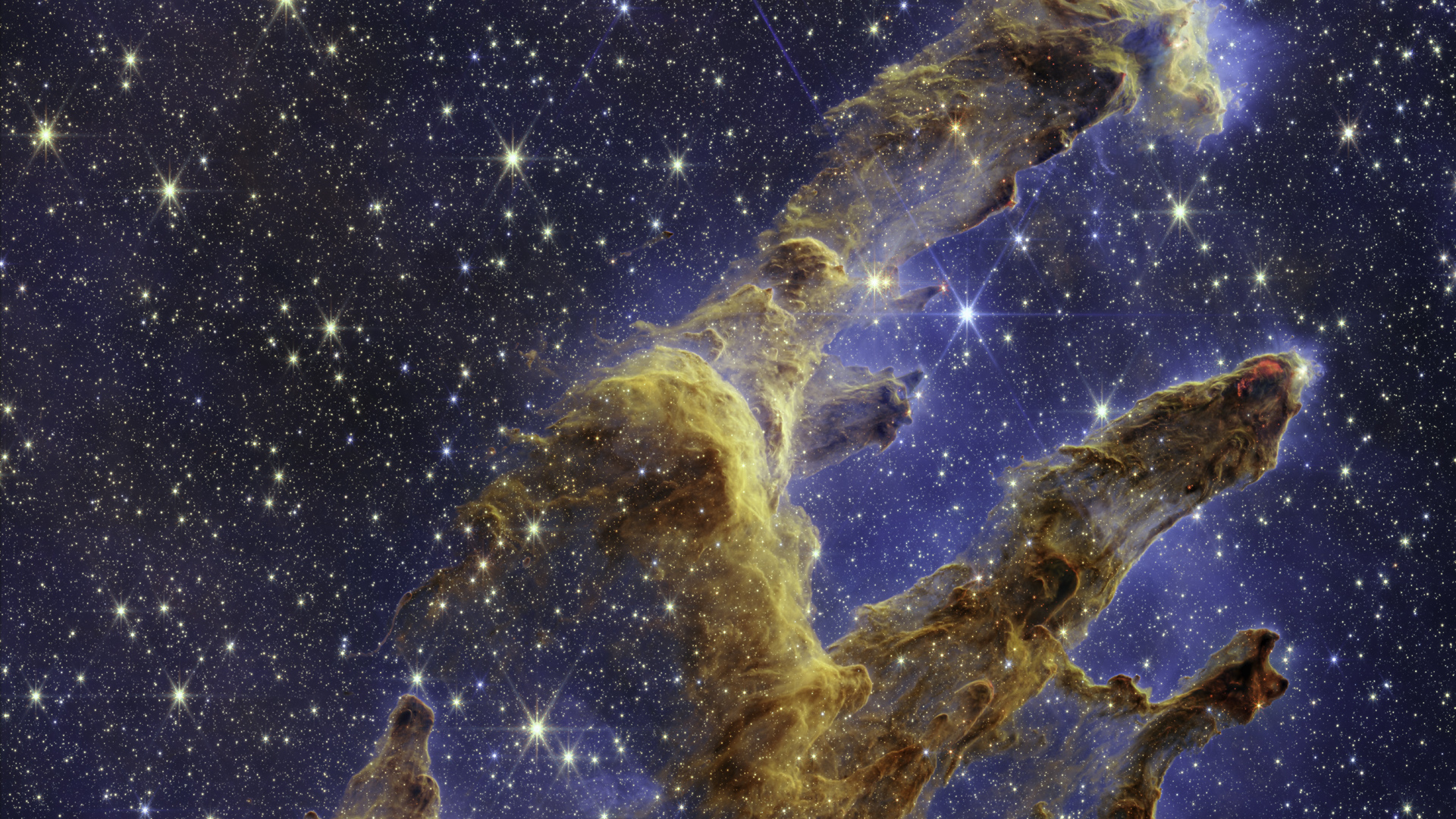
James Webb Space Telescope images: 16 astonishing views of our universe (gallery)
By Daisy Dobrijevic last updated
The James Webb Space Telescope is busy capturing incredible images of our universe. We take a look at some of the best ones here in our gallery.
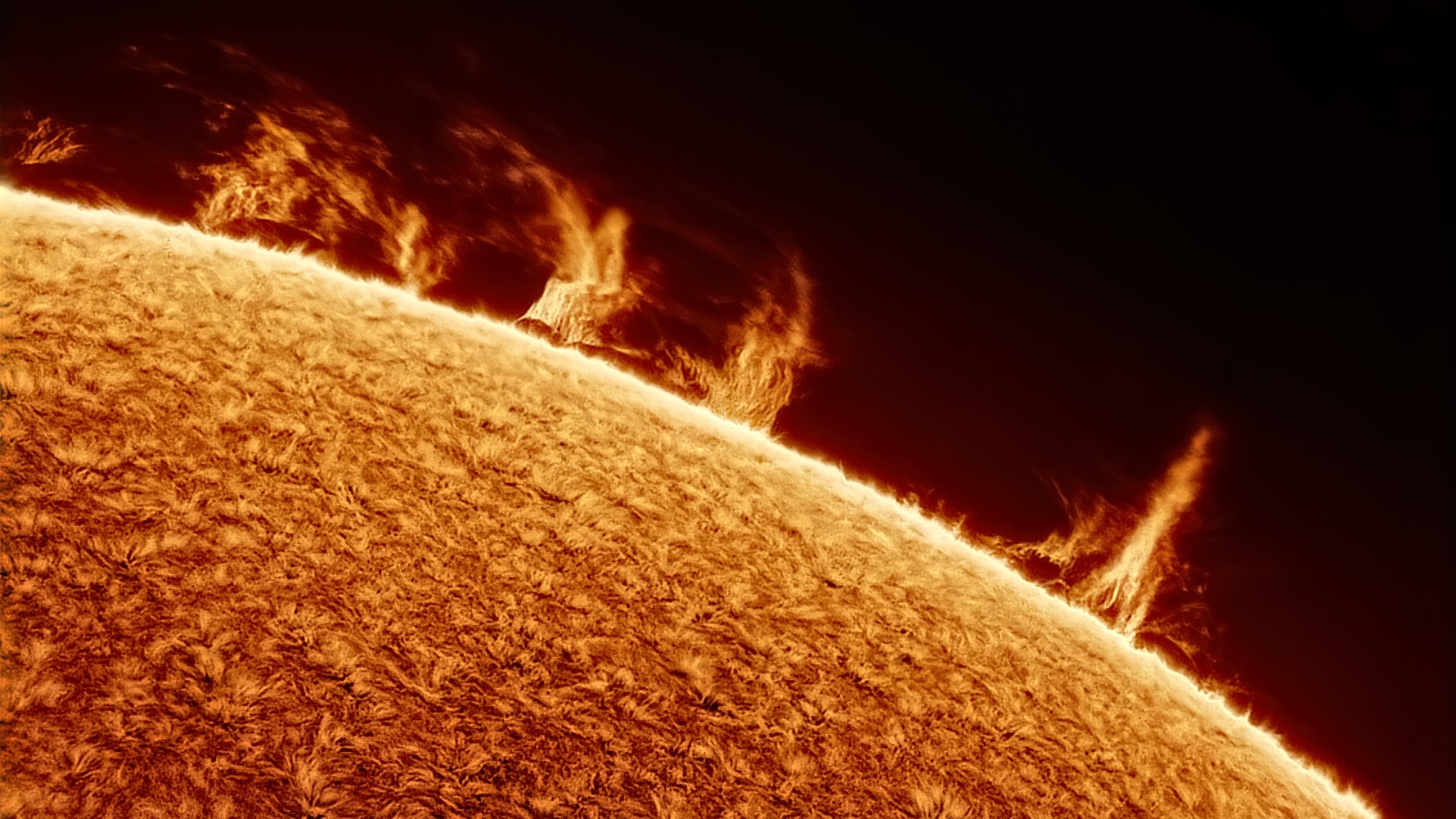
Astrophotographer captures stunningly detailed photos of our 'fuzzy' sun
By Daisy Dobrijevic published
Check out these three incredible solar images taken by astrophotographer Mark Johnston from his backyard in Scottsdale, Arizona.

Chasing the midnight sun along Norway's arctic coastline
By Daisy Dobrijevic published
Join me on an adventure along Norway's stunning coastline as I explore the strange phenomenon of the midnight sun, where the sun doesn't set below the horizon.

Science and music festival Starmus 2025 will return to the Canary Islands
By Daisy Dobrijevic published
Starmus 2025 will be held on the island of La Palma in April 2025. The festival will focus on the challenges of space debris and how light pollution is impacting our view of the night sky.
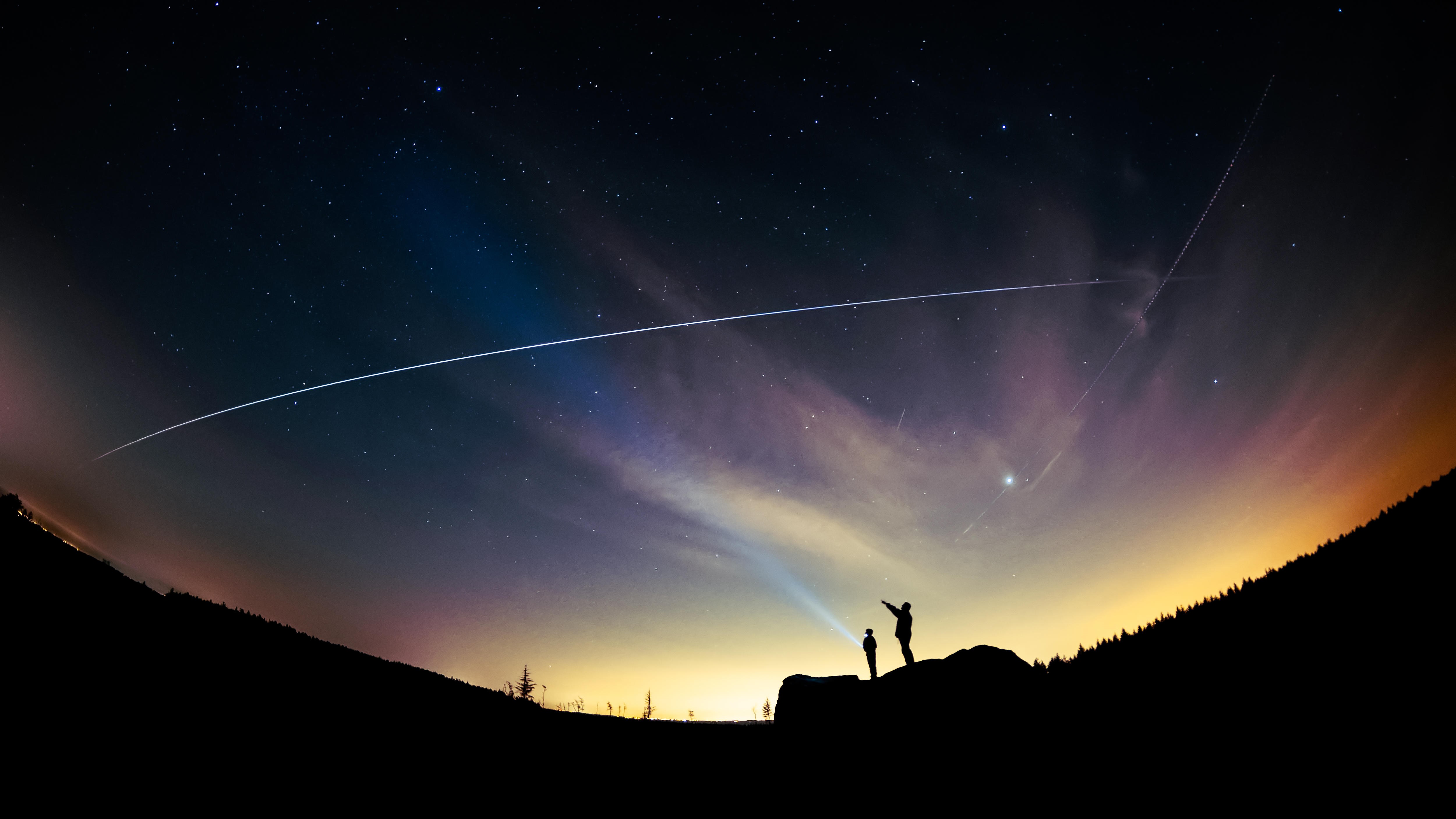
Track the ISS: How and where to see it
By Daisy Dobrijevic last updated
Reference Here's how to track the International Space Station (ISS) from Earth and see where it is right now.
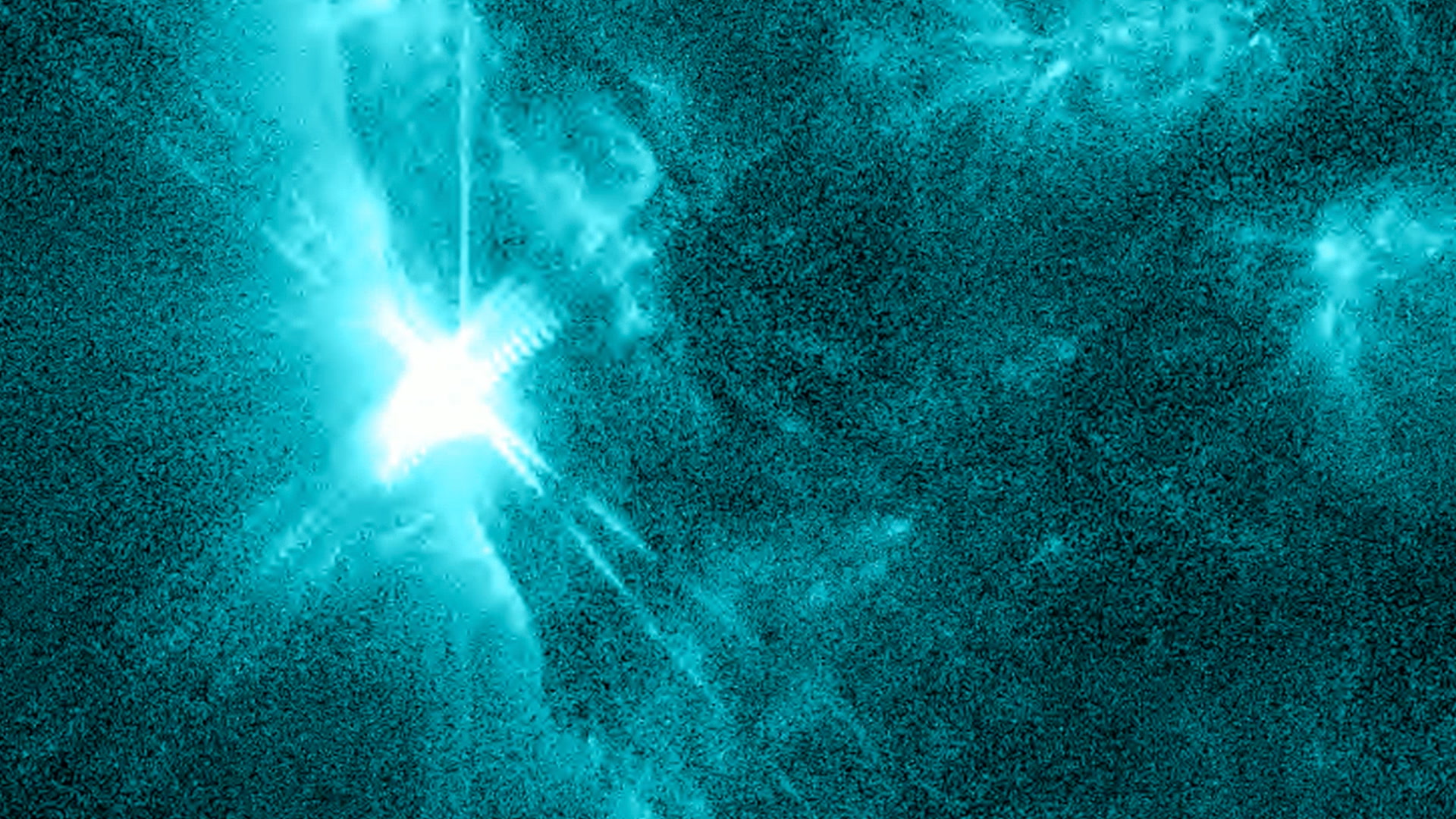
It's back! Aurora-sparking sunspot returns for rare 3rd trip across the sun, firing off explosive solar flare (video)
By Daisy Dobrijevic published
The sunspot region responsible for May's epic solar storm and widespread auroras is returning for the third time.

Summer solstice 2024 marks the longest day in the Northern Hemisphere
By Daisy Dobrijevic published
The summer solstice, also known as the June solstice arrives June 20 at 4:51 p.m. EDT (2051 GMT), marking the longest day in the Northern Hemisphere.
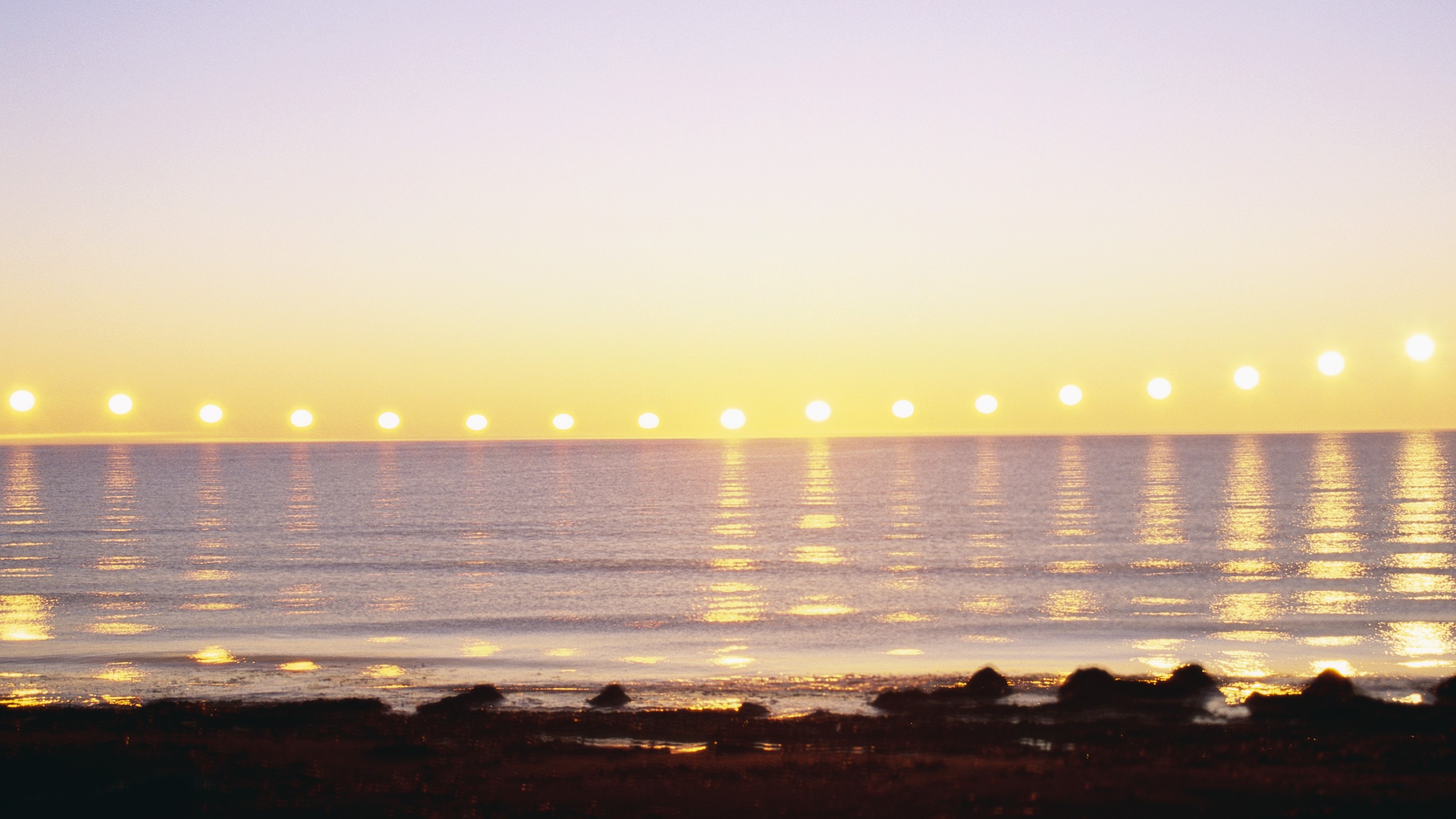
Midnight sun: What it is and how to see it
By Daisy Dobrijevic published
Experience the wonders of the midnight sun, a natural phenomenon where the sun never sets. Learn where you can witness this endless daylight and the science behind the strange phenomenon.
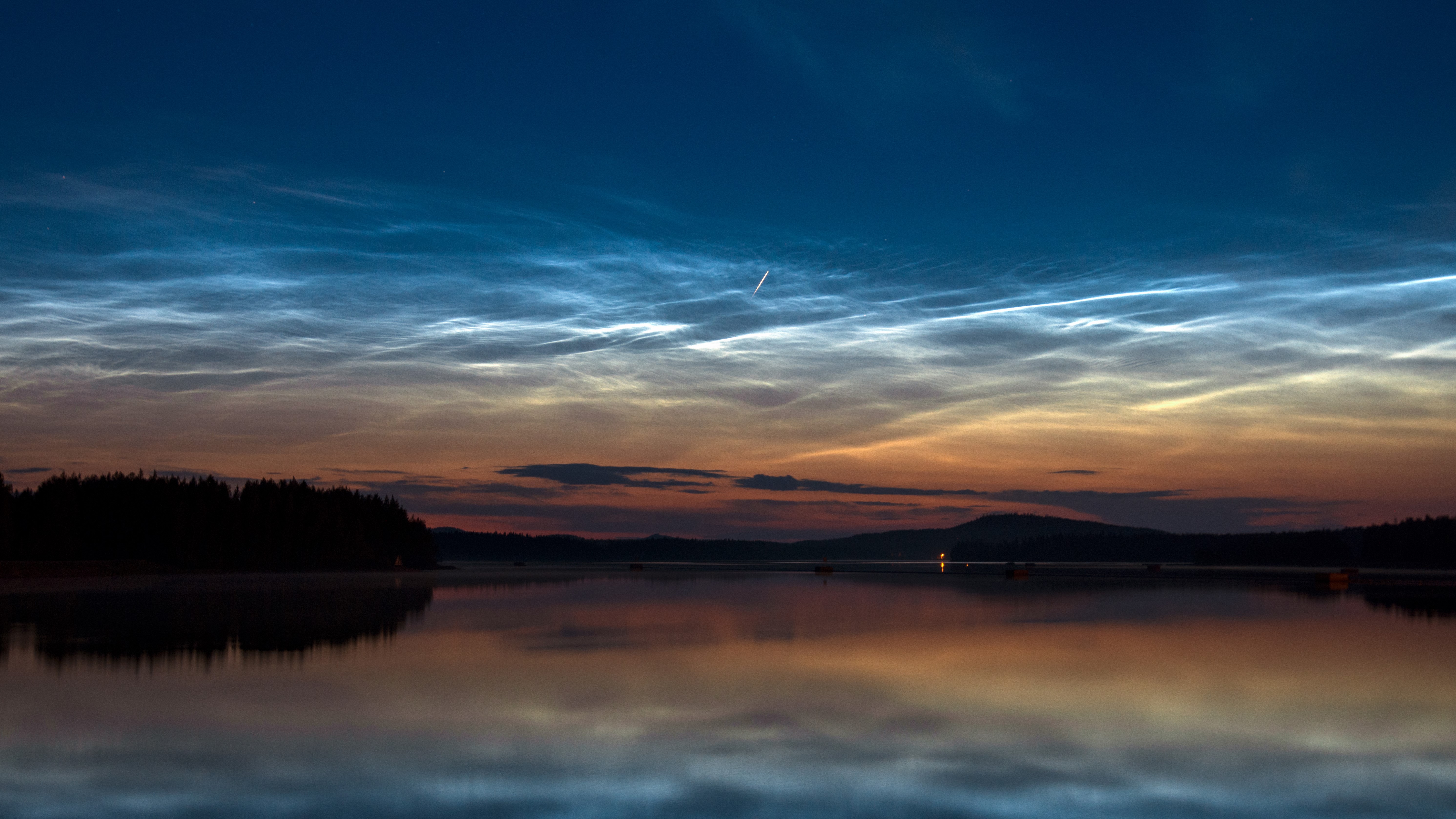
Noctilucent clouds: A complete guide to the rare 'night-shining' clouds
By Daisy Dobrijevic last updated
Reference Noctilucent clouds are the highest clouds in the atmosphere and are only visible under specific conditions. Here we explore the strange clouds in more detail.
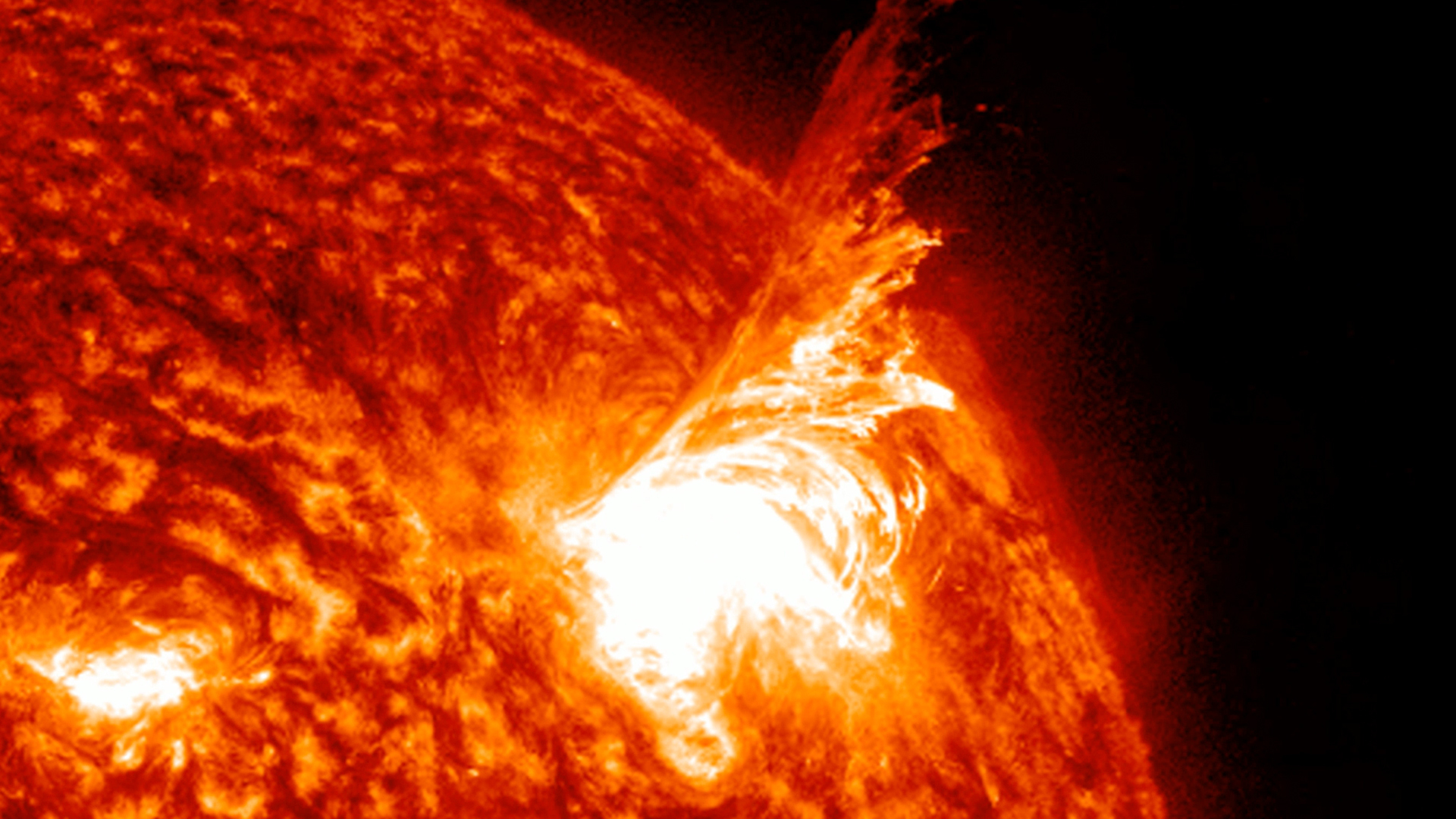
Sun unleashes giant plasma plume and reels it back in apparent 'failed eruption' (video)
By Daisy Dobrijevic published
Watch the moment a huge plasma plume is fired out from the sun and then reeled back in during M-class solar flare eruption.
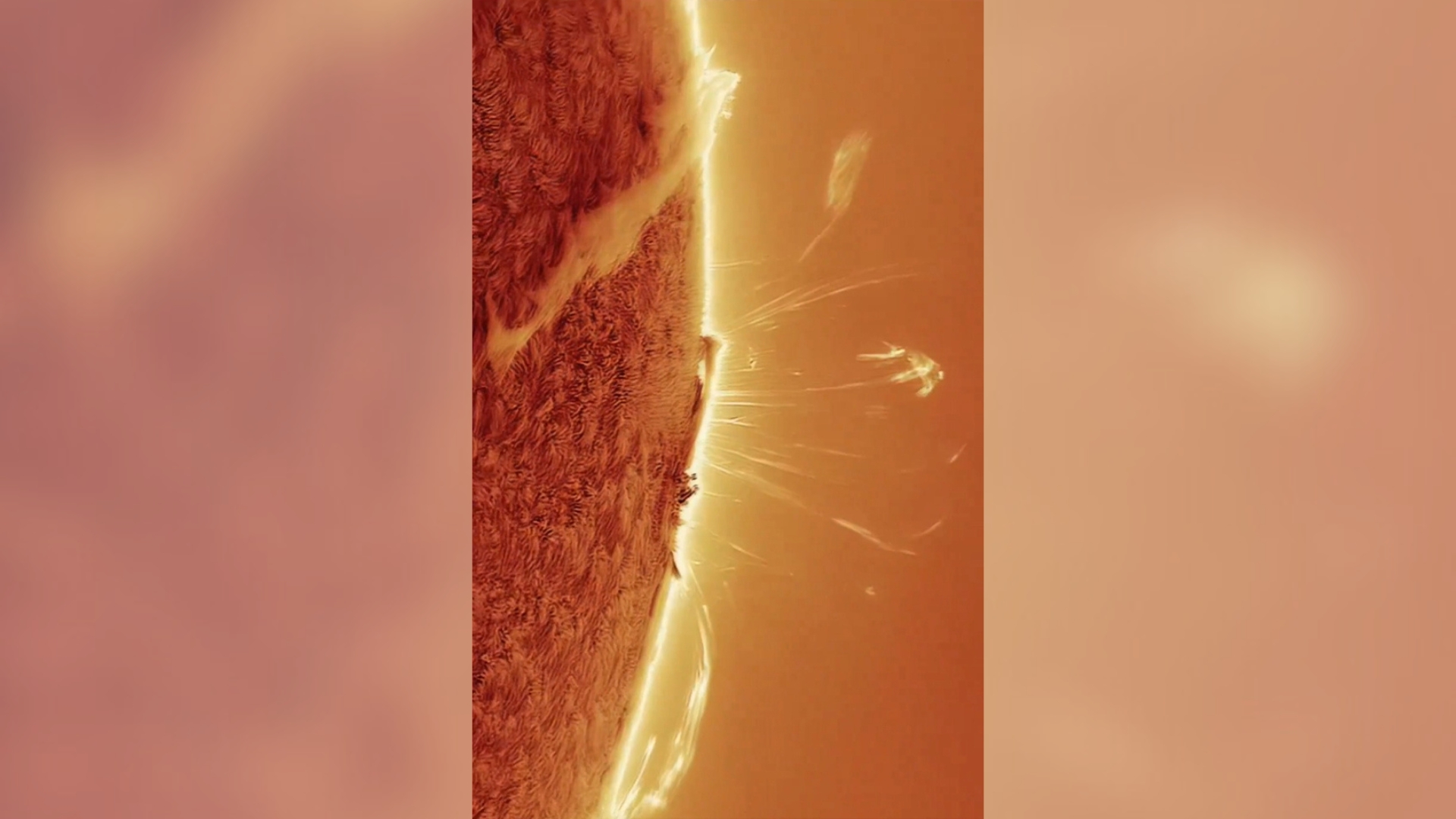
Astrophotographer captures stunning close-up views of sunspot region that spawned May's auroras
By Daisy Dobrijevic published
Check out these incredible close-up views of emerging sunspot AR3697 as it turns to face Earth. The scenes were captured by astrophotographer Andrew McCarthy from his backyard in Arizona.
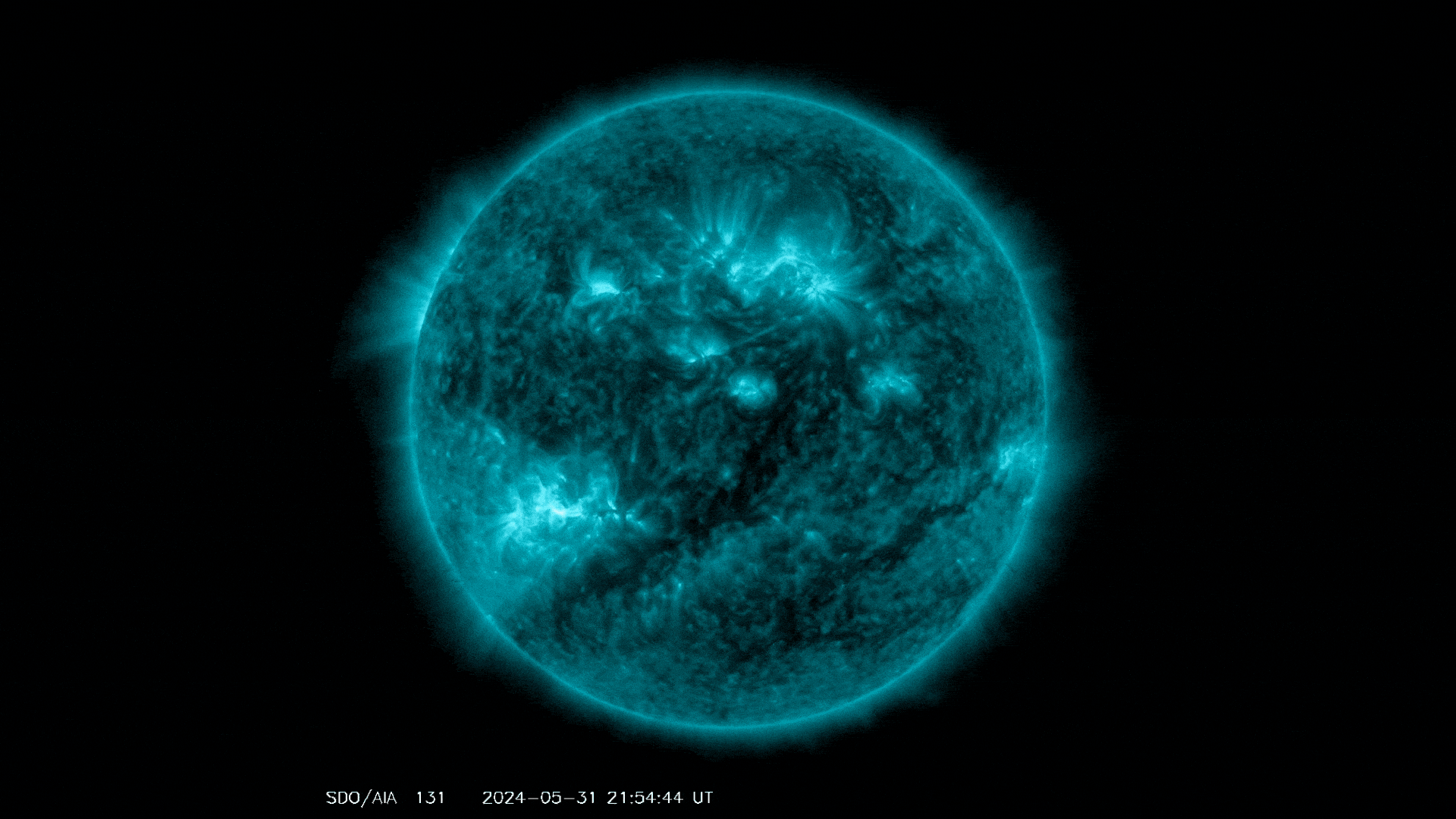
Double trouble: Sun unleashes 2 powerful X-class solar flares in 12 hours (video)
By Daisy Dobrijevic published
Two X-class solar flares erupted from the sun in less than 12 hours as a magnetically complex sunspot begins to face Earth.
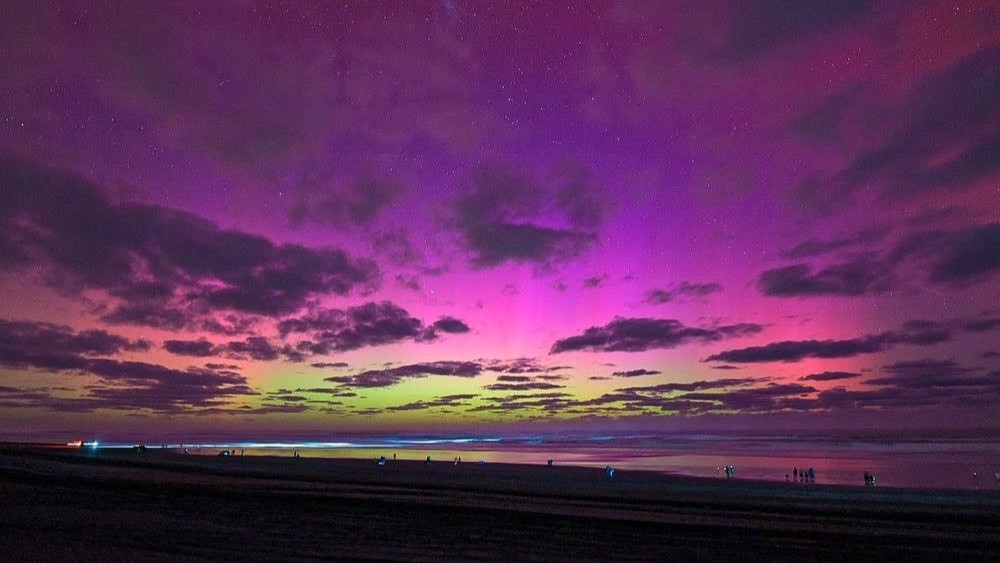
Astrophoto of the month: Southern lights delight New Zealand beachgoers
By Daisy Dobrijevic last updated
Take a look at the very best space photos submitted by Space.com readers, from our moon to deep space and everything in between!

Massive sunspot responsible for May's epic auroras unleashes major X-class solar flare (video)
By Daisy Dobrijevic published
Sunspot region AR3697 has returned — unleashing yet another X-class solar flare. Watch it erupt from the sun's eastern limb here.
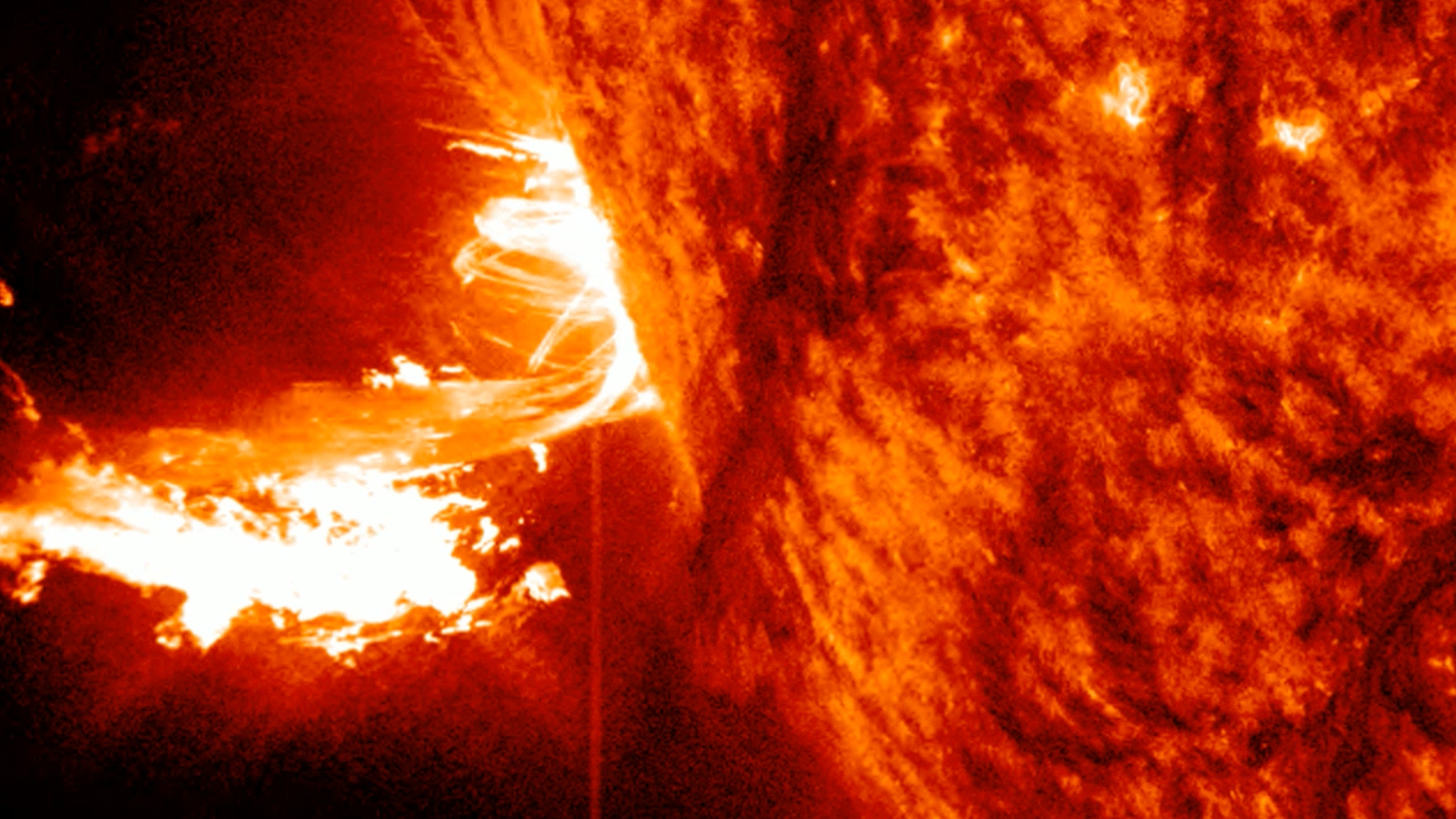
Colossal X-class solar flare suggests return of sunspot group that fueled May's epic auroras (video)
By Daisy Dobrijevic published
X-flare eruption hints at the return of the powerful sunspot group behind May's solar storms. Watch the solar eruption here.

Starmus 2024: Scientists and musicians unite in Bratislava to celebrate planet Earth
By Daisy Dobrijevic published
Here's what it was like to experience the Starmus Festival in Bratislava, where top scientists and musicians united to celebrate Earth with an overarching theme "The future of our home planet".

Sweden's Arctic spaceport moves one step closer to orbital launches
By Daisy Dobrijevic published
Swedish Space Corporation and Perigee Aerospace to launch satellites from Esrange Space Center, Sweden in 2025, with the Blue Whale 1 microlauncher.
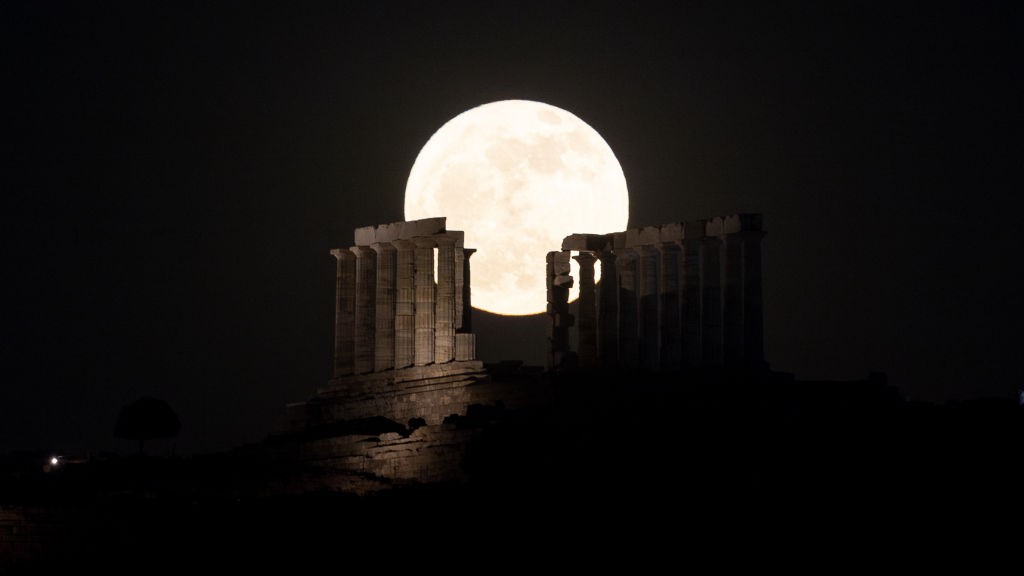
May full moon 2024: See the Flower Moon blossom in gorgeous photos from around the world
By Daisy Dobrijevic published
Explore stunning photos of the May full moon captured by skywatchers from around the world.

Stephen Hawking Medal 2024 winners announced at star-studded Starmus VII festival
By Daisy Dobrijevic published
The four winners of the Stephen Hawking Medal 2024 were announced during a medal ceremony at Starmus VII science and music festival in Bratislava, Slovakia.
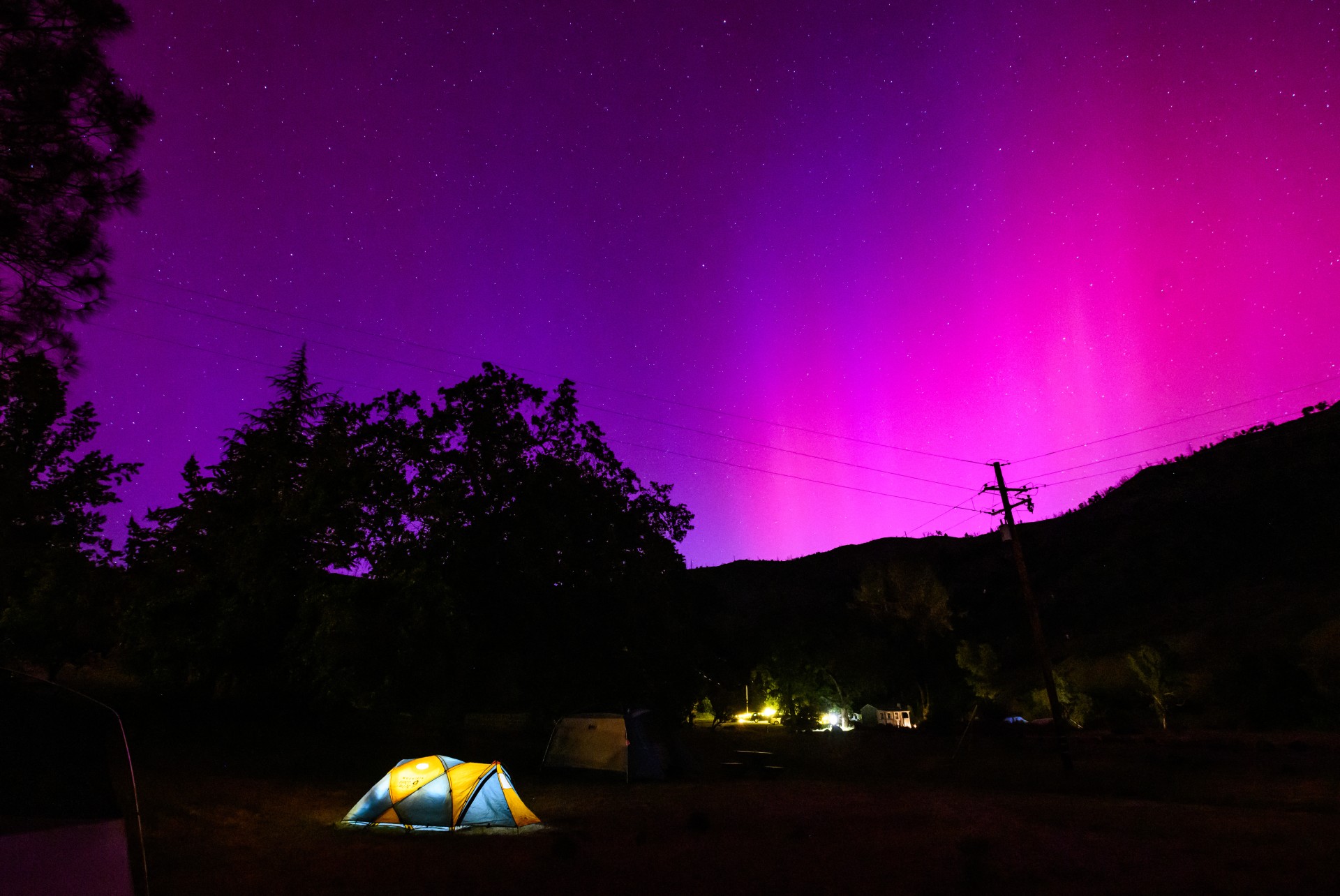
Jaw-dropping northern lights from massive solar flares amaze skywatchers around the world. 'We have a very rare event on our hands.' (photos)
By Tariq Malik, Daisy Dobrijevic published
An aurora show like no other is playing out in the night sky this weekend, spawned by intense solar storms that are painting the sky spectacular hues of pinks, purples and greens.
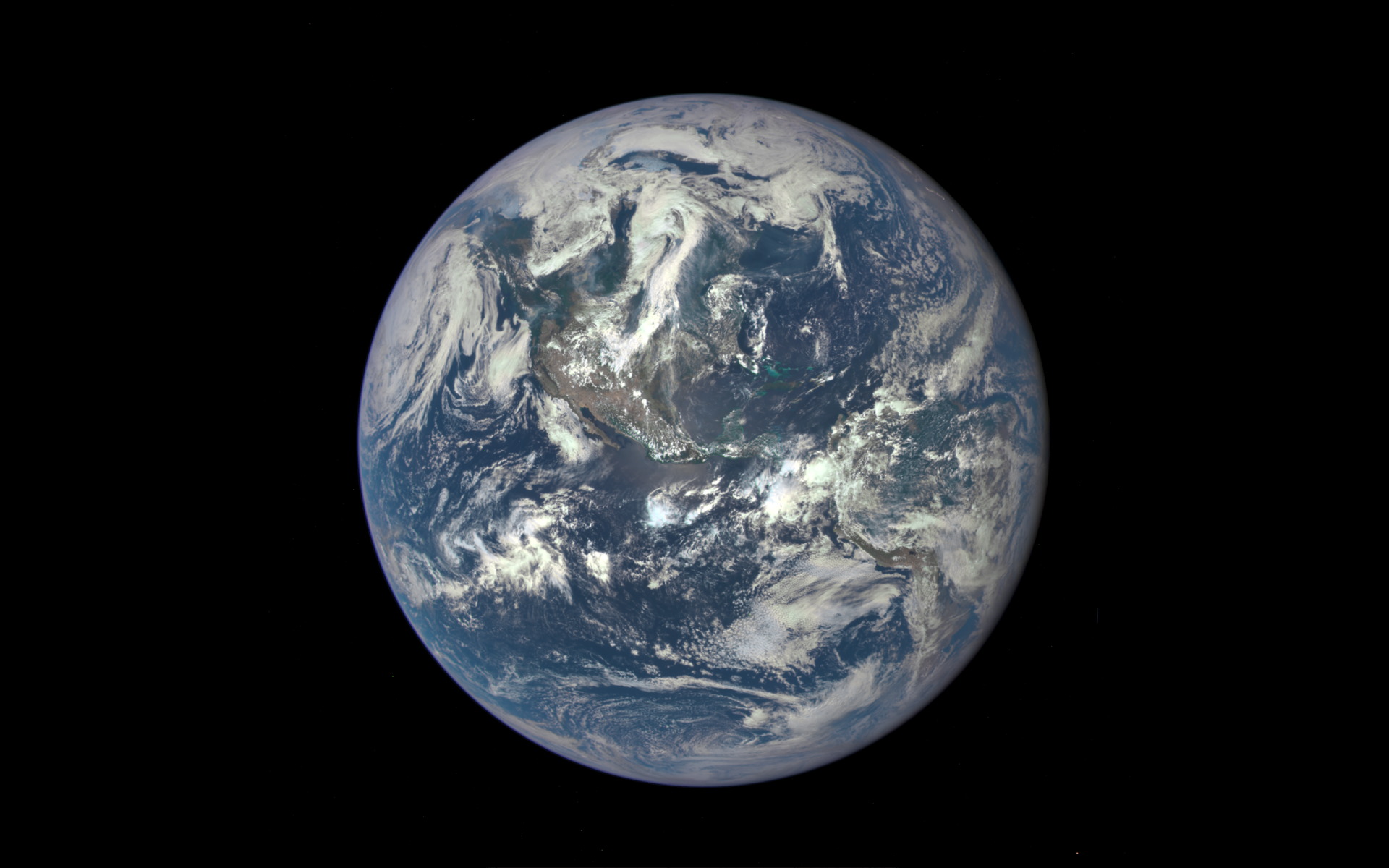
Science and music festival Starmus VII is about to rock Bratislava with a stellar lineup
By Daisy Dobrijevic published
The Starmus music and science festival heads to Bratislava, Slovakia for a multi-day event from May 12 to May 17. Here's what to expect.
Get the Space.com Newsletter
Breaking space news, the latest updates on rocket launches, skywatching events and more!
